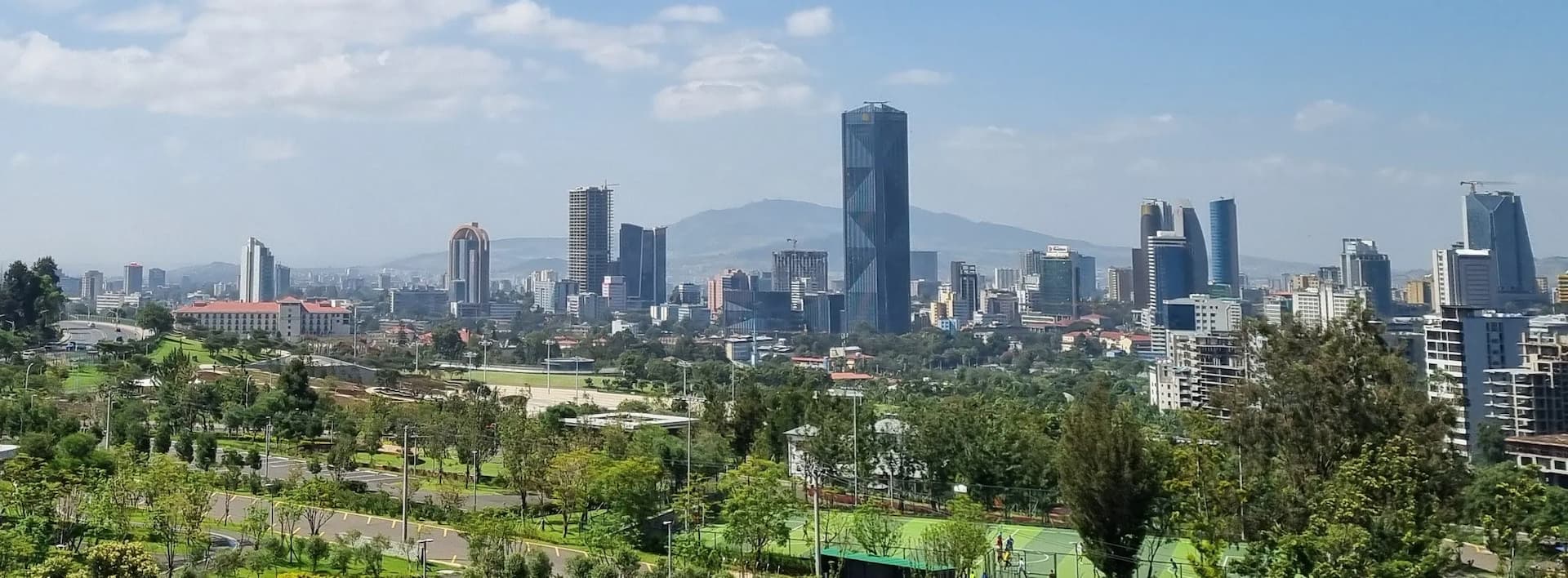Progress for 0 ad
Progress for 1 ad
Progress for 2 ad
Progress for 3 ad


Eyasu Theodros
Addis Ababa, Ethiopia

A rejoinder to Shega’s “Rushing for the Capital Market Badge Without a Map” by Tsegamlak Solomon
Shega recently sounded an alarm: Ethiopian banks are “rushing for the capital market badge without a map.” The phrase captures the urgency, but the real challenge is deeper. A badge, whether it comes in the form of a license, an exchange membership, or a high-profile announcement, is not a strategy. Without the map, the skills, systems, and trust frameworks, the badge risks becoming an empty symbol.
A Market Fifty Years in the Making
Ethiopia’s capital market moment has been decades in the making. The Ethiopian Securities Exchange (ESX) is now operating, with its first listings and licensed investment banks. For the first time in more than half a century, the country has a real chance to channel savings into investment, match capital with opportunity, and fuel sustained economic growth. This is not just another reform milestone; it is a generational shift. The question is whether we will arrive prepared or simply arrive with a badge.
More than fifty years ago, Ethiopia had elements of a functioning capital market, with public share offerings in companies such as Mitchell Cotts, Indo Textile, and the Wonji Sugar Factory (HVA). That system ended with the nationalization policies of the Derg regime, and it was never restored. Decades of state-led finance left private capital formation and professional skills undeveloped. The closure of the Ethiopian Bankers and Insurance Training Institute more than thirty years ago further hollowed out the pipeline for advanced financial expertise.
The consequences have been far-reaching. In banking, the absence of formal training left institutions dependent on in-house or donor-funded short courses, with uneven results. In insurance, the lack of structured skill-building slowed product innovation and modern risk management. For capital markets, the vacuum means there is no ready-made cadre of professionals with securities issuance, market-making, or investor protection experience. Ethiopia enters the market after a long absence, at a time when global finance has grown more complex, more regulated, and more technology-driven.
Skills, Trust, and the Market Ecosystem
Capital market skills are not abstract jargon. They are the practical abilities, regulatory, analytical, and operational that allow a market to function with integrity, efficiency, and trust. For institutions, this means structuring products, managing risk, and serving investors responsibly. For consumers, it means understanding rights, risks, and opportunities without falling prey to hype or fraud. For advisors and intermediaries, it means translating complex instruments into plain terms and guiding clients toward informed choices.
Ethiopia’s market will rise or fall based on how well three groups are served: institutions, consumers, and intermediaries. For consumers in particular, psychology is decisive. Trust depends not only on compliance but also on perceived fairness, consistent behavior from market actors, and visible accountability.
As the ESX evolves, every financial institution, whether a bank, insurer, microfinance provider, or investment firm, must define where it will create value. This is not a branding exercise but a strategic mapping of roles: issuer, intermediary, investor, infrastructure provider, or regulator. Institutions must ask where they will compete, what compliance capacity they have, how they will build trust, and who their partners will be. Those who answer these questions early and align skills, systems, and partnerships accordingly will shape the market. Those who hesitate risk being confined to low-margin, low-influence positions.
A Narrow Window for Action
Market liberalization will attract foreign institutions with capital, experience, and technology. This can accelerate growth, but without a domestic skills base Ethiopia risks long-term dependence on external actors. Building our talent pipeline is not about rejecting foreign participation, but about engaging from a position of competence.
Critical gaps remain in securities analysis, governance, risk frameworks, investor protection, and structured product design. Closing them cannot be left to one regulator, one exchange, or one donor. It requires coordination between ECMA, ESX, universities, financial institutions, and development partners. Training must extend beyond specialists to the frontlines, bankers, brokers, and advisors who interact daily with the public.
The ESX has already launched. Foreign entrants are preparing their strategies. Ethiopian institutions have only a brief window to establish themselves as credible, competitive market leaders. Frameworks and training platforms already exist and can be adapted, but they must be mobilized quickly, before the DNA of the market is set without us.
The badge gets you noticed. The blueprint, skills, systems, trust, is what will determine whether Ethiopia’s capital market becomes a national asset, or another missed opportunity.
👏
😂
❤️
😲
😠

Eyasu Theodros
Eyasu Theodros is a U.S.-licensed financial advisor serving global diaspora clients. He provides investment and retirement guidance to professionals across the U.S. and advises financial institutions on diaspora behavior, trust dynamics, and inclusive financial system design.
Your Email Address Will Not Be Published. Required Fields Are Marked *